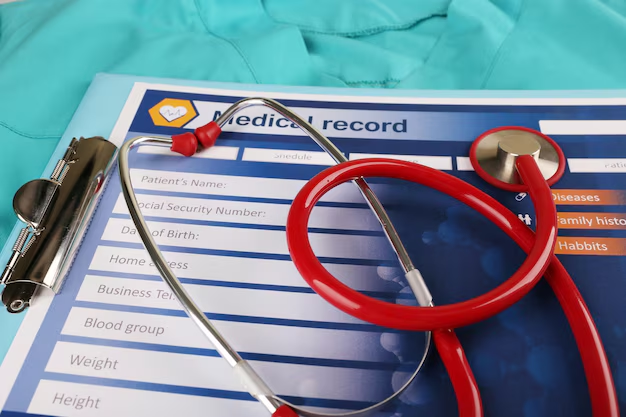How Long Does It Take to Become a Registered Nurse? Essential Degrees and Certifications
Becoming a registered nurse (RN) is both a rewarding and challenging career path that requires a blend of formal education and hands-on training. The first step is to obtain a nursing degree; options include an Associate Degree in Nursing (ADN), typically completed in 2-3 years, or a Bachelor of Science in Nursing (BSN), which usually spans 4 years. Many aspiring nurses opt for the BSN due to its comprehensive curriculum and the increasing demand for BSN-prepared nurses in the healthcare industry. After obtaining a degree, you'll need to pass the National Council Licensure Examination (NCLEX-RN) to become licensed. Additionally, some nurses pursue further certifications in specialized areas to enhance their expertise and job prospects.
The journey to becoming an RN offers a multitude of opportunities to specialize and grow within the field. Various certifications, such as those offered by the American Nurses Credentialing Center (ANCC) in pediatrics, geriatrics, or emergency nursing, among others, can provide added value to your credentials and elevate your career trajectory. As healthcare continues to evolve, the importance of continuous education and certification cannot be overstated for those aiming to succeed in nursing.
Education and Certification Pathways for Registered Nurses
- 🎓 Associate Degree in Nursing (ADN): 2-3 years
- 🎓 Bachelor of Science in Nursing (BSN): 4 years
- 📜 NCLEX-RN License: Required for practice
- 🏆 Specialty Certifications: Offered by organizations like ANCC
- Pediatric Nursing
- Geriatric Nursing
- Emergency Nursing
